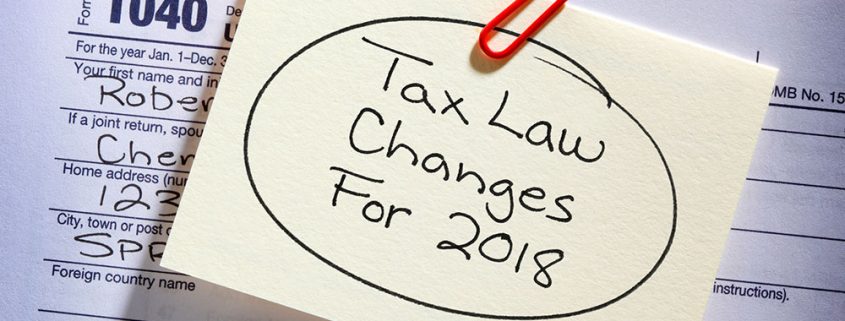California Sets Online Sales Tax Enforcement Date
California Sets Online Sales Tax Enforcement Date
On June 21, 2018 the U.S. Supreme Court handed down its anticipated decision in South Dakota v. Wayfair, No. 17-494. The case challenges South Dakota’s application of its sales tax to internet retailers who sell into South Dakota but have no property or employees in the state. At issue is the case Quill Corp. v. North Dakota from 1992, which set the property or employees standard for sales taxes using the Court’s (debated) dormant commerce clause power to restrict state taxation of interstate commerce.
The Court laid out why South Dakota’s law is no burden to interstate commerce but made clear that more complex or overreaching laws would be. This was not too surprising, as during oral argument the justices expressed such frustration with the issue that it’s easy to see why they wouldn’t want this to be just the first of many cases. Better to articulate the rule well here.
Justice Kennedy’s opinion states:
“That said, South Dakota’s tax system includes several features that appear designed to prevent discrimination against or undue burdens upon interstate commerce. First, the Act applies a safe harbor to those who transact only limited business in South Dakota. Second, the Act ensures that no obligation to remit the sales tax may be applied retroactively. S. B. 106, §5. Third, South Dakota is one of more than 20 States that have adopted the Streamlined Sales and Use Tax Agreement. This system standardizes taxes to reduce administrative and compliance costs: It requires a single, state-level tax administration, uniform definitions of products and services, simplified tax rate structures, and other uniform rules. It also provides sellers access to sales tax administration software paid for by the State. Sellers who choose to use such software are immune from audit liability. See App. 26–27. Any remaining claims regarding the application of the Commerce Clause in the absence of Quill and Bellas Hess may be addressed in the first instance on remand.”
State Taxation
Thirty-one states currently have laws taxing internet sales. Traditionally, sales tax nexus in the United States was based on physical presence. To increase sales tax collections despite this physical presence restriction, many states broadened their definitions of physical presence to include click-through, or affiliate, nexus. An out-of-state business establishes click-through nexus in a state when an in-state business receives a commission for referring a certain amount of sales to the out-of-state seller, as through a website link (“clicking through”). New York was the first state to create a click-through nexus law, in 2008. Since then, approximately 20 states have adopted click-through nexus including California.
In an announcement made by the California Department of Finance Tax Administration (CDTFA) on December 11, 2018, the agency has decided to require remote sellers to collect sales tax beginning April 1, 2019. CDTFA has stated that they will set the thresholds at $100,000 or 200 transactions in prior (or current) calendar year. In addition, CDTFA will require remote sellers to pay district sales tax in any district where they meet the threshold. The State of California has approximately 290 districts and 234 separate geographic areas which in and out of state businesses will have to track their sales. The announcement does not increase or create any tax but does require more out-of-state retailers to collect and remit taxes just as brick-and-mortar retailers have done for decades.
The new use tax collection requirement is not retroactive and applies only to sales made on and after April 1, 2019. Retailers who are already required to be registered to collect California use tax prior to April 1, 2019 will see no change in their registration obligations. Retailers with a physical presence in California are still generally required to be registered with the CDTFA. Although the new requirement to collect California use tax applies only to sales on and after April 1, 2019, retailers may choose to register and collect the tax prior to April 1, 2019. Retailers can register on the CDTFA website at www.cdtfa.ca.gov.
What Should You Do?
With States getting more aggressive in enforcing sales tax laws and having the tools to identify non-compliant taxpayers, it is important that taxpayers come into compliance to avoid penalties. Protect yourself from excessive fines and possible jail time. Let the tax attorneys of the Law Offices Of Jeffrey B. Kahn, P.C. located in Orange County (Irvine), the Los Angeles Metropolitan Area (including Long Beach and Ontario) and elsewhere in California help ensure that you are in compliance with federal tax laws. Also, if you are involved in cannabis, check out how our cannabis tax attorneys can help you.


 Follow
Follow Follow
Follow
